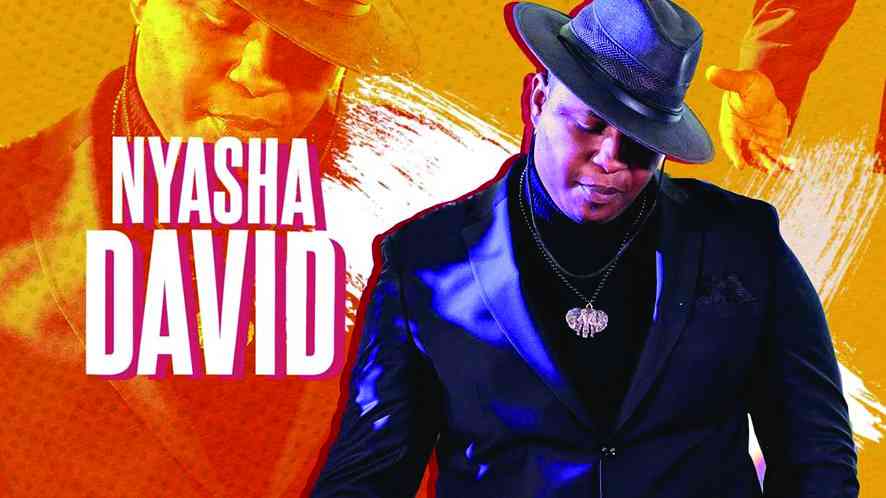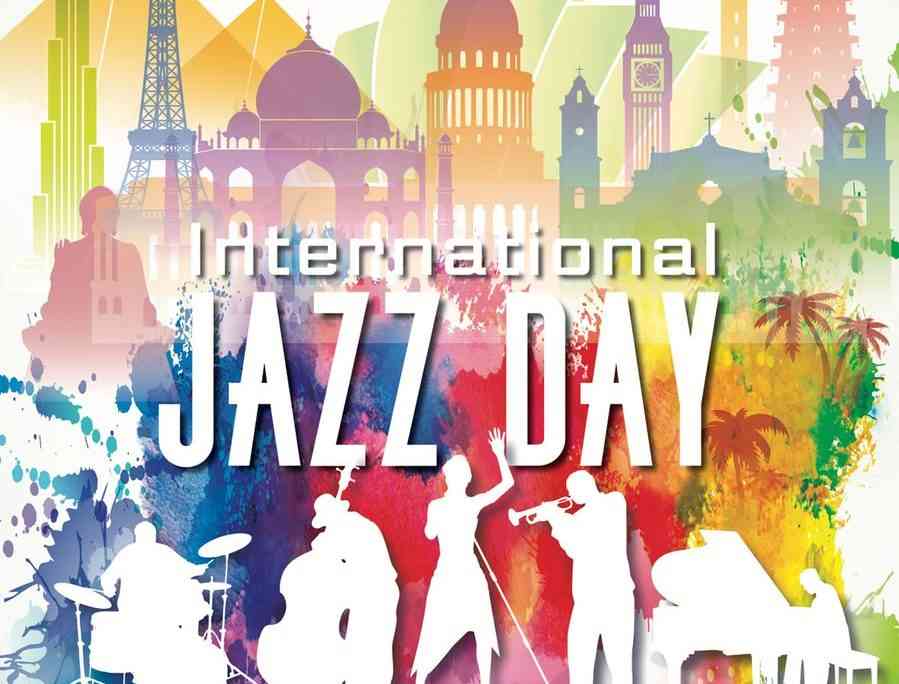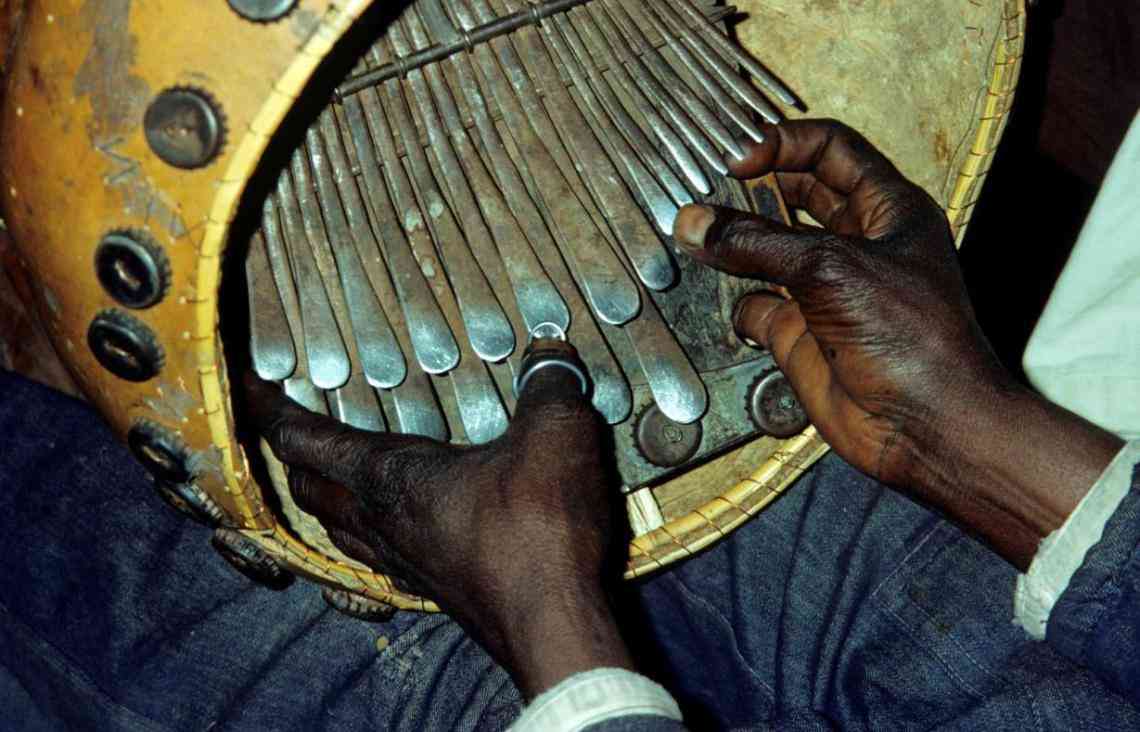
WITH piracy having become a part of life in the fast lane of music, a lot of Zimbabwean musicians have been forced to live off earnings from live shows.
SoundTrack with Phillip Chidavaenzi
The live performances often attract huge paying crowds, particularly for popular music acts.
The closure of record stores in the country over the last few years has seen artistes’ earnings from album sales dwindling, with the innovative among them taking to online stores for succour.
But following the national lockdown by President Emmerson Mnangagwa as part of a raft of measures to contain the likely spread of COVID-19, a virulent disease that has left even major economies staggering, local musicians have been forced to shelve their performances.
Understandably, this is a major blow that has left many on the ropes, given that only a few artistes have shown the wisdom and foresight of investing their earnings elsewhere, or establishing other streams of income.
This is something which astute managers should demonstrate their capabilities by ensuring that their artistes are hedged against the unforseen natural shocks such as COVID-19.
Quite recently, award-winning Zimdancehall chanter Enzo Ishall indicated that he was venturing into a detergent business to cushion himself from penury given that music was not paying that much.
- Chamisa under fire over US$120K donation
- Mavhunga puts DeMbare into Chibuku quarterfinals
- Pension funds bet on Cabora Bassa oilfields
- Councils defy govt fire tender directive
Keep Reading
Other musicians are full-time employees in formal jobs or have side businesses through which they earn extra income rather than just rely on the music, whose certainty is not always guaranteed.
There are also high-flying musicians such as Jah Prayzah, Winky D and Killer T, whose professionalism has attracted corporate endorsements, which come with certain benefits and perks.
This means those musicians who are not concerned with establishing themselves as brands by professionally running their careers will be in trouble during this time.
Artistes like Cindy Munyavi have ventured into fashion business, a pursuit through which they can be able to raise additional income that can be invested elsewhere or from which they can draw on a rainy day.
They do not have to rely on music shows, which have now been put on ice alongside other public gatherings.
Zimdancehall artiste Freeman, whose duet with Alick Macheso, Ngaibake, is currently raging on many song lists, also unveiled a clothing line a few months ago.
International artistes like P Diddy have really grasped this concept and maximised on it.
It becomes important for artistes to view themselves as entrepreneurs who run their music careers as a commercial enterprise.
Once they adopt this approach, they are able to see and capitalise on profit-making opportunities beyond just the music sales and public shows.
With the popularity that they often command among hundreds and thousands, they can tap into other business opportunities with a ready-made market.
While the COVID-19 lockdown has been indeed damaging for many artistes, big and small, it must be taken as a litmus test for artistes to appreciate that going forward, it can no longer be business as usual.
Trying times demand high levels of innovation because those that fail to re-invent the wheel will be swept away by the tide of fate.











